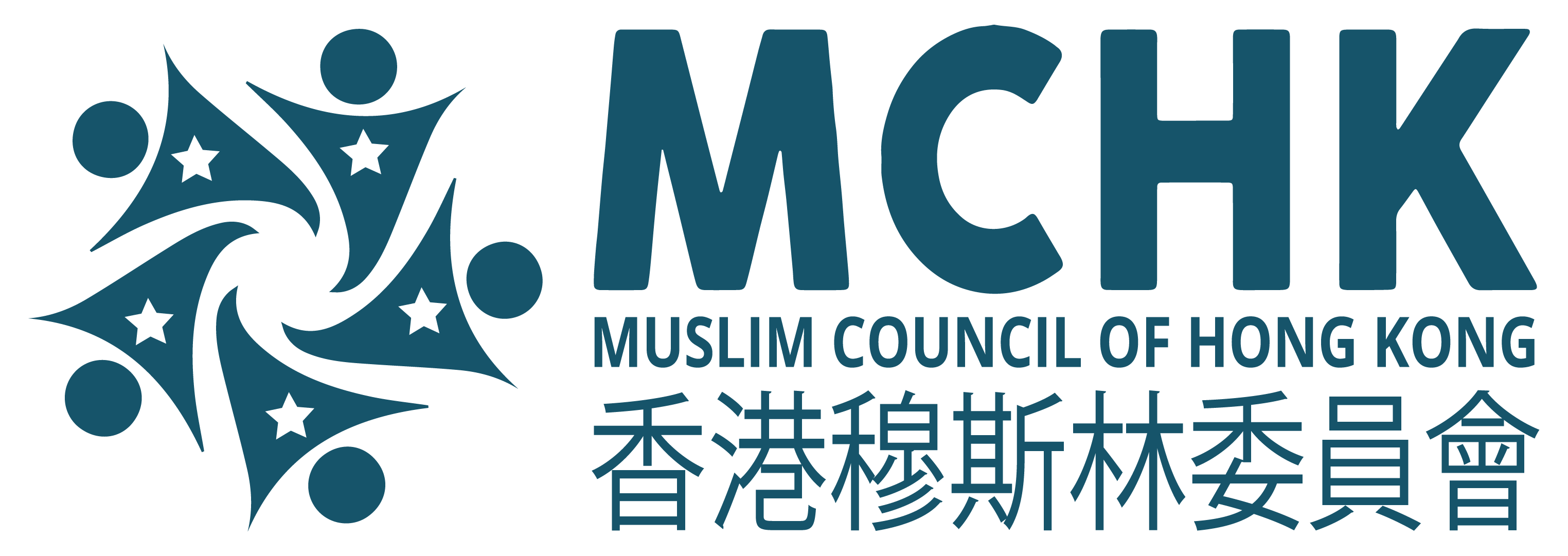At The Peak is in an annual event organised by our wonderful brothers and sisters at Serving Islam Team. This year’s At The Peak (#AtThePeak2015) conference was held at the University of Hong Kong and was co-hosted by the Muslim Students’ Association (MSA) of the Hong Kong University Students’ Union, and Discover Islam Hong Kong. The conference theme this year was “Islam Today and Tomorrow”, and we were graced by the company of some of the most influential and inspirational speakers of Islam, of contemporary times. Mufti Ismail Menk, Sheikh Waleed Abdulhakeem, Brother Hamza Tzortzis, Sheikh Kamal El Mekki and last but by no means least, Sheikh Navaid Aziz dealt with some of the most pressing issues affecting Muslims today. From the outset, it was made it clear that this year’s conference was about being proactive and not purely a “pep talk” to boost imaan (faith). As brother Hamza put it, not to perceive these conferences as insulin for “spiritual diabetes”, but rather an opportunity for participants to make some firm resolutions and changes within their lives for a better tomorrow.
In Islām, intentions are viewed as the foundation of all actions. Participants were reminded to purify their intentions and reestablish their purpose for participating at the conference. The conference kicked off with the beautiful recitation of the Holy Qur’ān by Mufti Mohammed Shoaib, and students from MSA and IKTMC.
Mufti Muhammad Arshad addressed the audience on what it meant for Muslims to be ‘At The Peak’ of their religion. In summary:
- whoever follows the commandments of Allāh, will surely reach the peak;
- through your actions and pure intentions, you will reach the peak of piety;
- Islām is a religion which brings mankind (creation) to Allāh (creator) through means such as Salah (prayer), which ultimately heightens his/her rank in this world and the hereafter;
- Salah (prayer) is a very comprehensive form of worship not found in any other religion;
- Islām is not a new religion. The message of Islam was conveyed to all of the previous prophets (peace be upon them all), and it relates to the past and future. Islām is a religion for the whole of humanity.
For the first time since the inauguration of At The Peak in 2013, this year’s conference sessions/presentations were being run in parallel due to a unavailability of a suitable venue large enough to cater for the entire audience. This resulted in a better and more personal experience as there were fewer people in the room, and the speaker could engage with the audience far more effectively.
Sister Sa’diyya Nesar spoke eloquently about overcoming personal adversity and challenges through her physical disabilities. She spoke about extrinsic and intrinsic challenges that Muslims face in today’s society, and that we have to try and break free from the shackles of internal negativity, as this is the only thing that is preventing us from reaching our potential.
Brother Hamza spoke passionately about love, classifying it into love for your family, love for your friends, love for your partner, love for yourself (not narcism) and love for your creator. Hamza spoke about the purest form of love, the love that Allāh has for His creation. Allāh is Ar-Rahman and Ar-Raheem and His love envelops everything. He has a special love for those who are on a path of love and a path of submission to Him. Allāh has said that in order to gain His love, you must love His prophet, Muhammad (sall Allāhu ʿalayhi wa sallam), a man who is key to Allāh’s eternal love. Hamza reiterated that we must revive the act of selfless love within our communities and especially within our families. In closing, he mentioned that love should transcend the boundaries of pure feelings, and to not just feel love for one another, but to BE love.
Mufti Ismail Menk’s talk entitled “Planning for Tomorrow, Today” was about being proactive and doing things which would help us in our preparation for tomorrow, specifically our hereafter. This session digressed from his traditional approach of delivering speeches by actively engaging with the audience. Some suggestions he gave was to learn and understand the Qur’ān, through learning Arabic. Other examples included parents to be an active influence on their children. For example, in order establish a routine of Salah within our homes and to motivate our children to pray, parents must be actively resolute in offering their prayers.




3 Comments